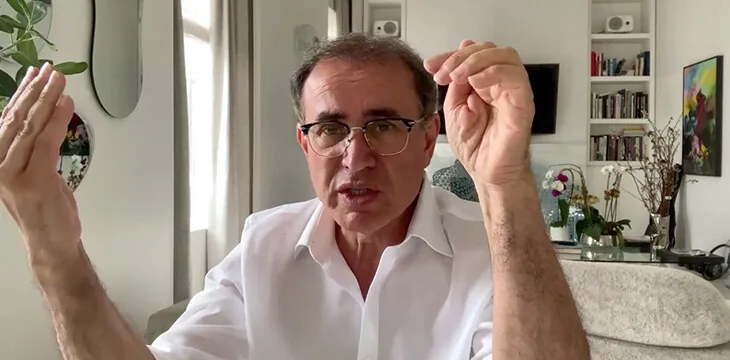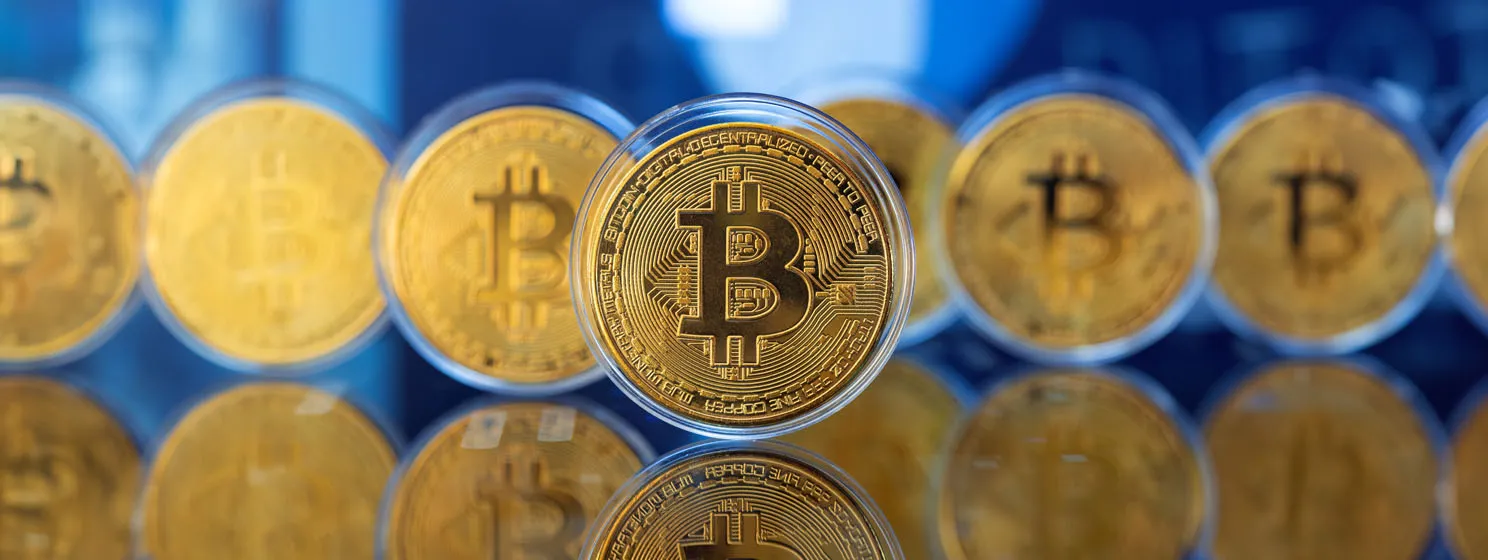|
Getting your Trinity Audio player ready...
|
Digital currencies can survive if they embrace the rule of law, says leading economist and professor at New York University’s Stern School of Business, Nouriel Roubini.
The economist is known as “Dr. Doom” for his pessimistic predictions about the economy, including in 2008 when he famously predicted the housing bubble crash. But it’s not all doom and gloom when it comes to Bitcoin—he believes that legal institutions will help bring reliability to cryptocurrencies.
Nouriel says anti-money laundering (AML) and know your customer (KYC) legislation will be crucial to the acceptance of Bitcoin by legacy financial systems. “You need regulation, you need that credibility, but you build it by having institutions,” he says.
He and Dr. Craig Wright, the inventor of Bitcoin, agree on the importance of the rule of law for the future of digital currencies. The two men shared a stage together at CoinGeek Zurich last week, where they discussed the role of Bitcoin in our financial system and the digital asset market.
During a combative keynote speech, Nouriel argued that digital currencies are weakened by a lack of regulation. On this week’s episode of CoinGeek Conversations, he went further, saying that there needs to be an international agreement on the regulation of digital currencies to ensure we don’t end up with a “law of the jungle.”
He points to Commodity Futures Trading Commissioner (CFTC) Dan Berkovitz’ statement last week that Decentralized Finance (DeFi) is an unregulated financial market in direct competition with regulated markets. “Whether you are a traditional bank or a fintech financial institution or a crypto or a blockchain, you have to have the same regulation,” he says.
Nouriel also agrees with Dr. Craig Wright on the legal benefits of Bitcoin being a pseudonymous currency, rather than an anonymous one, saying “law enforcement prefers people using Bitcoin rather than an offshore financial centre for a variety of criminal activities.”
This is because every Bitcoin transaction is recorded on the blockchain, a permanent and public ledger, which anyone can access. This means transactions are traceable, public keys can be identified and criminals can be connected to digital wallets, bursting with ill-gotten gains.
This was shown last week in the United States, when the FBI traced $2.3 million worth of BTC, extorted by a criminal hacking group known as DarkSide. The money, paid in ransom by Colonial Pipeline, was not only found but seized by federal investigators.
This will help to prove the legitimacy of digital currencies and shift the image of Bitcoin as the currency of choice for criminals, especially when combined with regulation.
While Nouriel is no convert to Bitcoin SV (BSV) just yet, it seems that the attractive regulatory framework BSV is building, the proven traceability of digital assets and the contempt for BTC that he shares with those working in the BSV ecosystem, could lead to a change of perspective from “Dr. Doom” in the future.
Hear the whole of Nouriel Roubini’s interview in this week’s CoinGeek Conversations podcast or catch up with other recent episodes:
You can also watch the podcast video on YouTube.
Please subscribe to CoinGeek Conversations – this is part of the podcast’s fourth season. If you’re new to it, there are plenty of previous episodes to catch up with.
Here’s how to find them:
– Search for “CoinGeek Conversations” wherever you get your podcasts
– Subscribe on iTunes
– Listen on Spotify
– Visit the CoinGeek Conversations website
– Watch on the CoinGeek Conversations YouTube playlist

 07-04-2025
07-04-2025 





